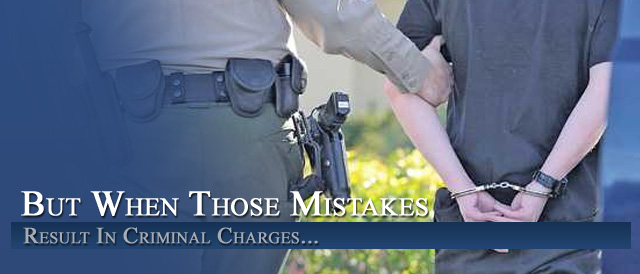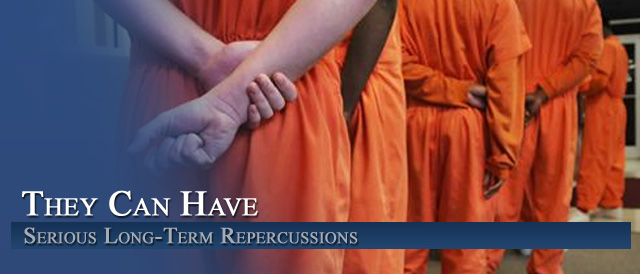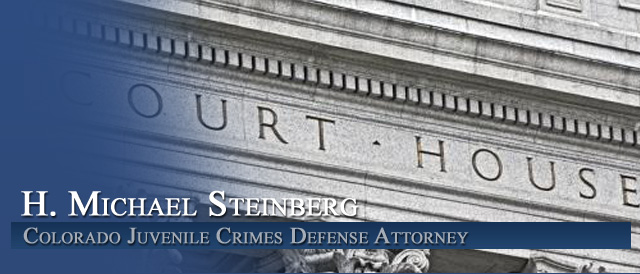Please feel free to contact me 24-7-365 to discuss your case...
Seasoned and Experienced Attorney for Criminal Charges in Denver, the Front Range and All of Colorado
Business Hours: 303-627-7777 Pager: 303.543-4433 or Cell in emergencies at 720-220-2277

Colorado Criminal Law – Can The Police Detain Me While A Search Warrant Is Executed?
By H. Michael Steinberg Colorado Juvenile Crimes Criminal Defense Lawyer
 Colorado Criminal Law – Can The Police Detain Me While A Search Warrant Is Executed? It has been the law for some time that, during the execution of a search warrant in Colorado, the police have the right to detain the people present at the scene of the execution of the search warrant.
Colorado Criminal Law – Can The Police Detain Me While A Search Warrant Is Executed? It has been the law for some time that, during the execution of a search warrant in Colorado, the police have the right to detain the people present at the scene of the execution of the search warrant.
The rule of law for that most common scenario is the 1991 United States Supreme Court case of Michigan v. Summers.
The Defendant, Mr. Summers, was detained by the police on a walkway just in front of the house where the search warrant was being executed. The Summers case stands for the rule of law law enforcement is not required to have a particular suspicion that an individual is involved in criminal activity or poses a specific danger to the officers to be detained during the execution of a search warrant.
The reasoning the Court applied in Summers is that the police are allowed to detain anyone on or in the immediate vicinity of the premises to b searched at the time they arrive on the premises to execute the search warrant. The specific reasons for the rule., in summary format, are:
- the detention protects the officers who conduct the search,
- the detention insures the integrity of the search,
- and it prevents the flight of any suspects if incriminating evidence is located.
Looking a little more closely at the three reasons – officer safety, facilitating the completion of the search, and preventing flight, we see that these “interests” of law enforcement actually are grounded in commons sense.
1.The Interest in Minimizing the Risk of Harm to the Officers – because the execution of a search warrant may:
“give rise to sudden violence or frantic efforts to conceal or destroy evidence,”[t]he risk of harm to both the police and the occupants is minimized if the officers routinely exercise unquestioned command of the situation.”
2. The Orderly Completion of the Search:
“may be facilitated if the occupants of the premises are present.” …If occupants are permitted to wander around the premises, there is the potential for interference with the execution of the search warrant. They can hide or destroy evidence, seek to distract the officers, or simply get in the way.
3. The Legitimate Law Enforcement Interest in Preventing Flight in the Event That Incriminating Evidence Is Found:
“…the police can prohibit an occupant from leaving the scene of the search…. this justification serves to preserve the integrity of the search by controlling those persons who are on the scene… and have to keep close supervision of occupants who are not restrained, they might rush the search, causing unnecessary damage to property or compromising its careful execution”
Understanding The Fourth Amendment Prohibition Against An Illegal Search And Seizure
The Fourth Amendment guarantees the right to be free from unreasonable searches and seizures. A search may be of a person, a thing, or a place. A seizure may be of a person, a thing, or even a place.
The Fourth Amendment provides:
“The right of the people to be secure in their persons . . . against unreasonable searches and seizures, shall not be violated, and no Warrants shall issue, but upon probable cause . . . particularly describing the place to be searched, and the persons or things to be seized.”
The general rule is that Fourth Amendment seizures are ‘reasonable’ only if based on probable cause” to believe that the individual has committed a crime. But there are exceptions such as the Michigan v. Summers exception for the detention of persons present at or very near the scene of the execution of a search warrant. BUT….
What About Persons Not On Or Reasonably Near The Subject Property Of The Search Warrant?
If the detention of persons at or near the scene of the execution of a search warrant can be seized within the meaning of the Fourth Amendment without probable cause “because the limited intrusion on personal liberty is outweighed by the special law enforcement interests at stake,” then what about persons who are off premises and do not meet the Summers criteria?
The United States Supreme Court held that the answer to that question is NO. When a person is some distance away from the premises where a search warrant is being executed, the Summer’s factors which are based on the the need to ensure the safety and efficacy of the search no longer apply.
Going Too Far Under The Fourth Amendment
In the case of Bailey v. United States (2013) the United States Supreme Court held that with regard to “the three law enforcement interests identified to justify the detention in Summers
…none applies with the same or similar force to the detention of recent occupants beyond the immediate vicinity of the premises to be searched.”
The Court held that to allow the detention of a person, even if they are somehow connected to the premises being searched, to be detained in the absence of either reasonable suspicion or probable cause .. “would give officers too much discretion,” and would add an “additional level of intrusiveness.”
“Limiting the rule in Summers to the area in which an occupant poses a real threat to the safe and efficient execution of a search warrant ensures that the scope of the detention incident to a search is confined to its underlying justification. Once an occupant is beyond the immediate vicinity of the premises to be searched, the search-related law enforcement interests are diminished and the intrusiveness of the detention is more severe.“
Confining an officer’s authority to detain under Summers to the immediate vicinity of a premises to be searched is a proper limit because it accords with the rationale of the rule.
Colorado Criminal Law – Can The Police Detain Me While A Search Warrant Is Executed?
If you found any of the information I have provided on this web page article helpful please click my Plus+1 or the Share buttons below so that others may also find it.
Never stop fighting – never stop believing in yourself and your right to due process of law.
ABOUT THE AUTHOR: H. Michael Steinberg – Email The Author at hmsteinberg@hotmail.com – A Denver Colorado Criminal Defense Lawyer – or call his office at 303-627-7777 during business hours – or call his cell if you cannot wait and need his immediate assistance – 720-220-2277. Attorney H. Michael Steinberg is passionate about criminal defense. His extensive knowledge and experience of Colorado Criminal Law gives him the edge you need to properly handle your case.
 You should be careful to make a responsible choice in selecting a Colorado Criminal Defense Lawyer – and we encourage you to “vet” our firm. Over the last 30 plus years – by focusing ONLY on Colorado criminal law – H. Michael has had the necessary time to commit to the task of constantly updating himself on nearly every area of criminal law, to include Colorado criminal law and procedure and trial and courtroom practice. H. Michael works hard to get his clients the best possible results in and out of the courtroom. He has written, and continues to write, extensively on Colorado criminal law and he hopes this article helps you in some small way -Colorado Criminal Law – Can The Police Detain Me While A Search Warrant Is Executed?
You should be careful to make a responsible choice in selecting a Colorado Criminal Defense Lawyer – and we encourage you to “vet” our firm. Over the last 30 plus years – by focusing ONLY on Colorado criminal law – H. Michael has had the necessary time to commit to the task of constantly updating himself on nearly every area of criminal law, to include Colorado criminal law and procedure and trial and courtroom practice. H. Michael works hard to get his clients the best possible results in and out of the courtroom. He has written, and continues to write, extensively on Colorado criminal law and he hopes this article helps you in some small way -Colorado Criminal Law – Can The Police Detain Me While A Search Warrant Is Executed?

Other Articles of Interest:
- Issuance of a Lawful Warrant Taking a Juvenile into Custody – 19-2-503
- Colorado Juvenile Criminal Law – Dorm Room Searches – Can University Police Search My Dorm Room?
- Colorado Criminal Law – Understanding Searches Of Juveniles In Schools
- Why You Should Hire A Lawyer In A Juvenile Criminal Case At The Investigation Stage
- The Arrest of Juveniles In Colorado – Colorado Criminal Juvenile Law Part I of II
















